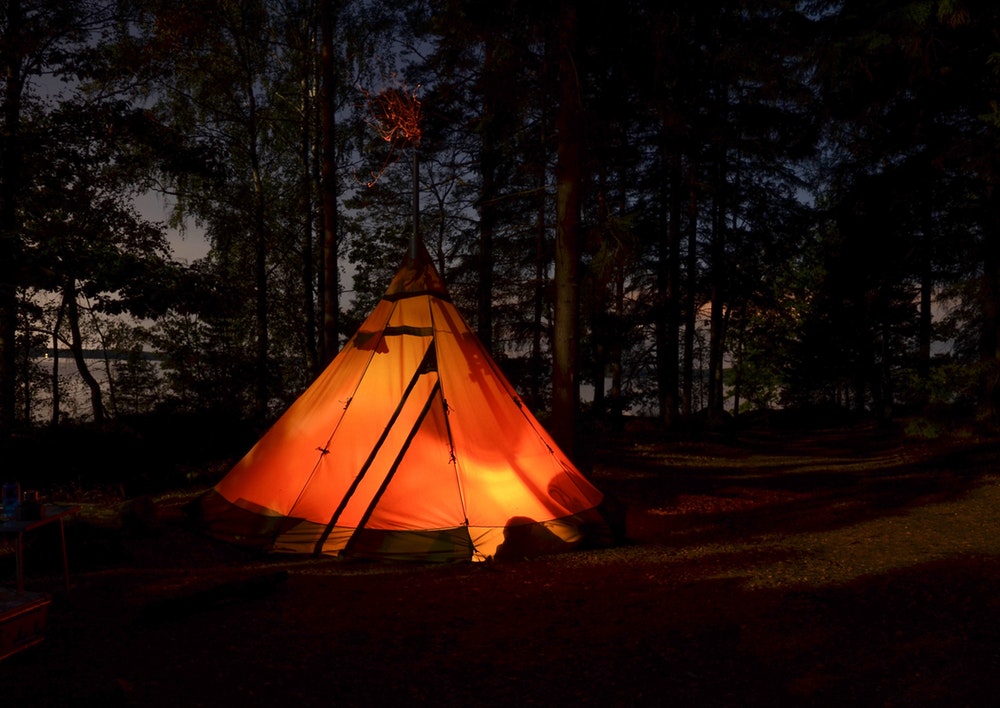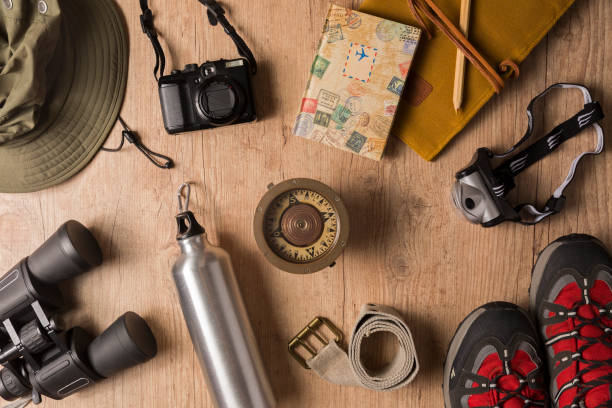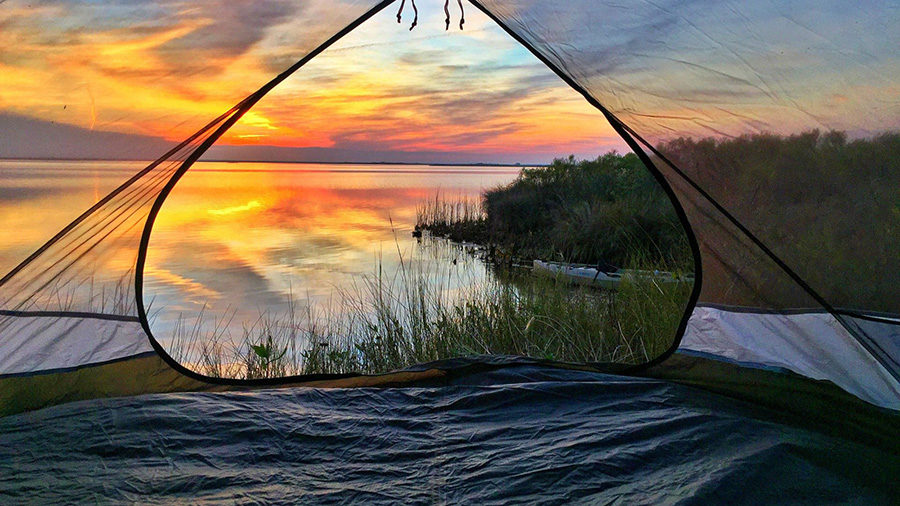Many people jump into their car and go into camping trip without making the proper preparations. If you do this, there is a very high likelihood that something will go wrong and your trip will take a turn for the worst. You could find out that you are missing an essential item or have picked a horrible campsite. This is every camper’s nightmare!
However, do not fear, because planning a camping trip is incredibly simple. So, read on to learn how to plan your trip correctly and avoid the simple mistakes that many campers make.
How to Plan a Camping Trip

1. Pick a Campsite
This is one step that many, many people fail at. Most people find a cheap campsite online, then drive to it. They do not put any further research into it. Doing this is a recipe for disaster. Yes, you could luck out and have a great time. But, more often than not, you will have to put more time into finding a proper campsite to bring your family (and/or friends) to.
Before you start your campground search, you have to throw your thinking cap on and decide not only the location at which you wish to camp, but also what activities you want to take part in. Do you want to camp near the mountains? Do you want to fall asleep listening to crashing waves on a beach? Deciding these things ahead of time will make your search much easier because you can do some location filtering before you actually search for any campgrounds. You should narrow down your possibilities to just a few regions.
In addition, you should have written down all of the activities you and your group want to take part in when you are camping. Do you want to white water raft? Do you want to go outdoor rock climbing? You should decide what you want to do, as this will play a huge role in the filtering that you will do later in the planning process.
To find a campsite, you can either use a search engine or websites that are designed to aid you in your quest to find the perfect campground.
If you want to use a search engine, head over to your favorite site and perform a campground search for areas near your desired location using search terms along the lines of: “campsites near [your location]”. You can get creative with the terms you use.
If you want to use the latter method, you can head to the below sites. There are many, many more sites to use, but the ones below are some of the more popular online destinations for camping trip planning.
Don’t forget to Google Before Your Camping Trip!
If you want to find other sites to use, go to Google and search for: “campground search”. Also, the benefit of many campground searching sites is that they have built-in filters that allow you to find a campsite in a certain price range, with specifiable nearby features, and with different activities that you can take part in (like canoeing, white water rafting, rock climbing, etc.). This can really help your search, but do not worry if you cannot find a site with this filtering feature. You can do all of the filtering manually, as detailed below.
You should then bookmark the websites/pages of as many potential campgrounds as you can. And, do not worry if you bookmark a seemingly endless amount of campsites. The below steps will help you weed out all of the unwanted sites.
It is now time to filter out all of the campsites that do not suit your interests! This is the most important step in this whole guide.
To make this process easier, separate all of the potential campsites by region. Then, using the list of activities that you want to experience, search for places to do those activities in each region. If you really want to go white water rafting, and there are not any rivers with suitable rapids near region A (you will know if there are no companies that offer rafting tours in that region), then scrap every campsite in region A.
Do not make any compromises! (Unless you find out that there are no places to go white water rafting in any of the regions, in which case you are out of luck).
Finally, do a Google search for: “[your campsite] review”. See what other people had to say about it. You might be surprised as to what you find! You may think that you have found the best campsite, in the perfect region, with all of your desired activities, but with a little digging, find out that the site is a dump.
There are many people online who share their opinions on where they have camped. So be sure to not skip this step!
2. Make your Campground Reservations Early
Campgrounds are usually busy places. That means that many people will be fighting for the few campsites that are available, especially if you choose a popular location. This can be remedied by making campground reservations far in advance.
So, as soon as you pick the campsite that you like, reserve it online or via phone. And, do it immediately. Do not wait! Many people do not make campground reservations ahead of time and end up losing their spot (that they thought they had). Be smart and don’t be like those people. It doesn’t hurt to do things early!
3. Gather All of Your Equipment Ahead of Time

You should start packing a couple of days before you leave for your trip. Most people pack the night before they leave (or even the day that they leave). However, it is better to have a couple days as a buffer to make sure that you have everything you need. This buffer time will also allow you to double check and triple check your equipment (and also avoid stress). You do not want to be heading out the door and find that you are missing an essential item.
4. Pack Extra for Camping Trip
This step only applies to trips where you will be driving your car directly to the campsite. If you are hiking to a campsite, then definitely disregard this step.
If this applies to you, then make sure to pack more than what you think you need. Pack extra toothbrushes. Pack extra food. Bring extra bugspray. If you have your car as a storage area, then don’t be afraid to bring extra equipment. You do not want to run out of something and find out that there are no stores near the campground that sell what you are looking for.
So, when you decide to plan your trip, follow this guide and your next trip will go smoothly. Happy camping!

